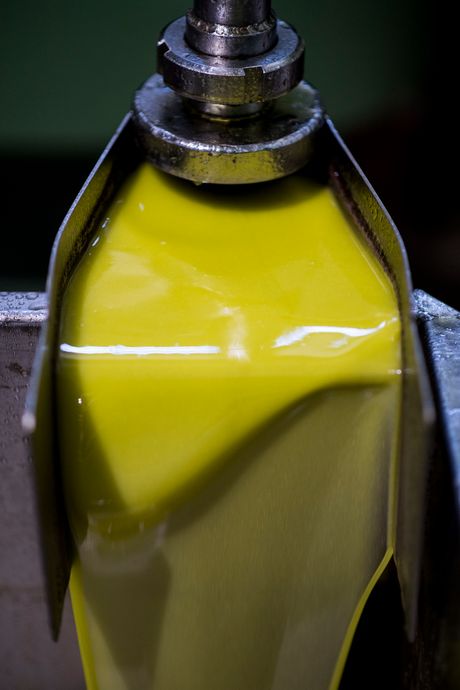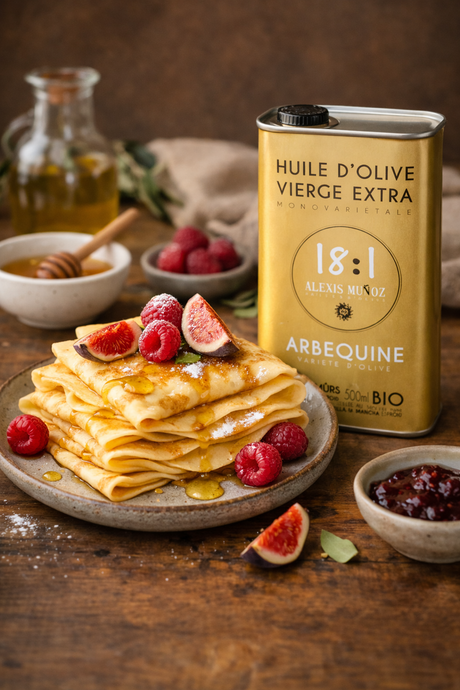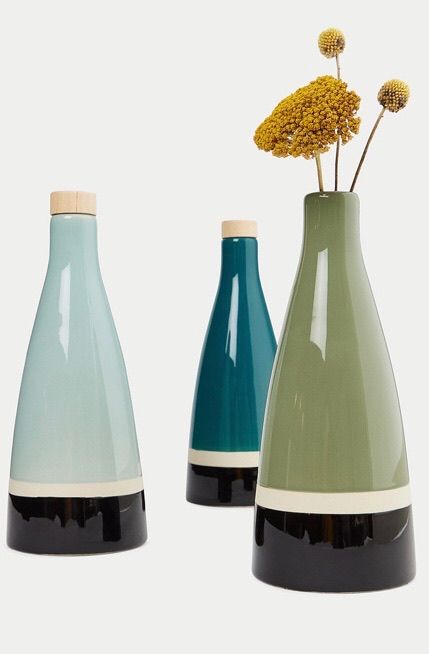The preservation of olive oil
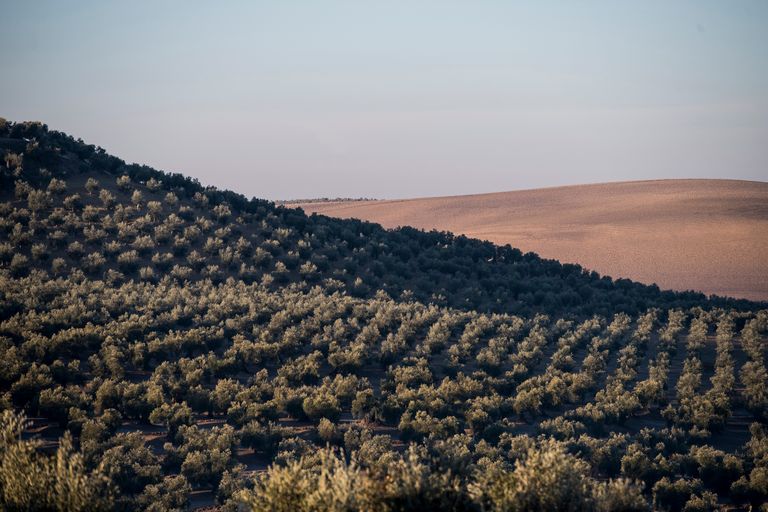
March 29, 2021
Olive oil is an integral part of our diet. It is commonly used in our daily dishes, particularly those of Mediterranean origin. But sometimes, we forget that the olive is a fruit that follows a seasonality. Being a winter fruit, olives are harvested between September and January.
So, is the olive oil we use every day also a seasonal product?
Let’s break down how to preserve all the qualities and flavors of this product so it can be enjoyed throughout the year.
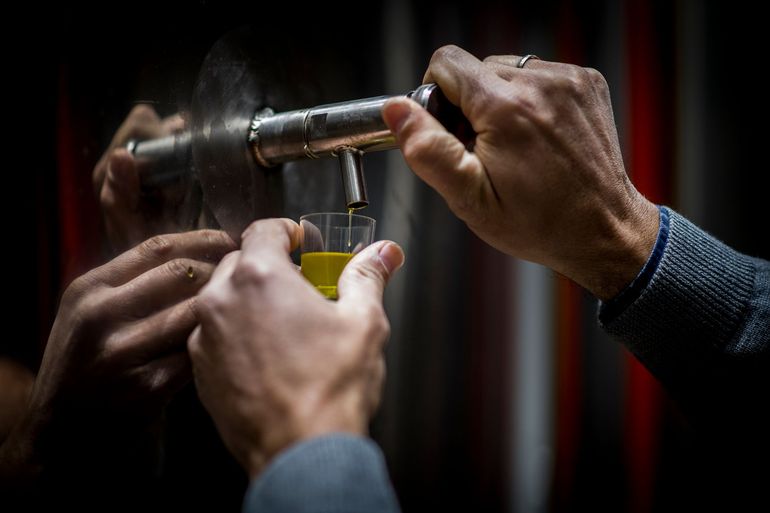
How to Store Olive Oil
Oxidation: The Number One Enemy of Olive Oil
As a fat, olive oil is particularly sensitive to the process of oxidation, especially photo-oxidation. This happens even though it naturally contains more antioxidants than other vegetable oils (such as sunflower or canola oil). In fact, light, heat, or exposure to air accelerate this rapid deterioration. When oxidized, the oil loses its organoleptic and nutritional qualities. Its vitamins vanish, its taste becomes bland, and it can even go rancid if exposed to heat.
Thus, it is recommended to store olive oil between 13°C and 18°C, away from light and heat. So, let’s forget about clear glass bottles or oil dispensers placed near cooking stovetops!
Packaging: Tin or Glass Bottle?
As we’ve seen, to preserve the benefits of olive oil, the key is to limit oxidation. One solution would be to consume it quickly. However, proper packaging can help maintain this precious liquid over time. Therefore, it’s best to choose metal cans or opaque glass bottles with UV filters.
What to avoid: Transparent bottles and, worse, transparent plastic bottles!
How Long Does Olive Oil Last?
It is generally advised to consume olive oil within 12 to 24 months after bottling.
But can we say that oil is “expired” after 24 months? Unlike other food products, olive oil does not have an expiration date (best-before date). However, the producer must indicate a "use by" date on the container, stating “best before end…”.
This is known as the Minimum Durability Date (MDD), not the expiration date (ED). The MDD replaces the old "best-before" date and indicates the point after which the oil’s taste and nutritional qualities can no longer be guaranteed.
So, olive oil doesn’t “expire,” but it does gradually degrade over time.
How to choose an olive oiol that preserves its organoleptic and nutritional properties over time?
As we’ve just seen, there are concrete best practices for storing olive oil. However, not all olive oils on the market are equal when it comes to preservation.
As a producer and olive oil expert committed to sustainable development, I take great care in offering high-quality products with intense, unique flavors. My olive oils are monovarietal. By choosing not to mix different varieties of olives, I maximize the intrinsic characteristics of each variety. I specifically select varieties that are more resistant to oxidation, ensuring greater flavor and nutritional stability over time.
Additionally, I have developed a very strict production process that I apply rigorously. Here are some key points:
- The mills are located near the olive groves.
- We minimize the time between harvest and pressing. For our extra virgin oils, this time never exceeds 5 hours.
- The cold extraction process uses mechanical methods.
- During extraction, the continuous chain temperature is maintained at 20°C, well below the 28°C standard set by the International Olive Council (IOC). This low exposure to heat helps preserve antioxidants. However, this results in a lower yield (8 to 10 kg of olives to produce 1 liter, compared to an average of 5 kg for other producers).
- Throughout the production process, the olive juice is barely exposed to light.
- The oil extracted and placed in tanks naturally separates from its residue without filtration. This helps preserve more of its nutrients, vitamins, monounsaturated fats (oleic acid, also known as omega-9), and polyphenols.
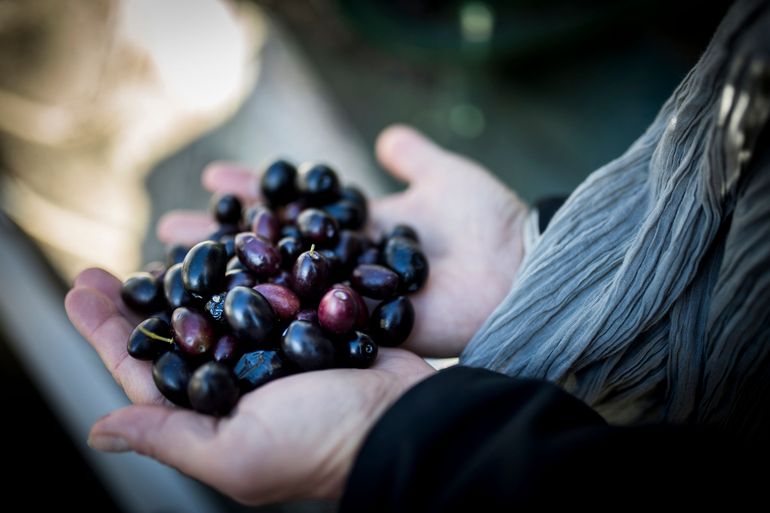
Thus, the oils I produce retain their organoleptic and nutritional qualities for a longer period. The choice of olive variety, a rigorous production process, and appropriate packaging are all important factors to consider when purchasing olive oil.
Alexis Muñoz – Elaïologist & Producer of Monovarietal Olive Oils

